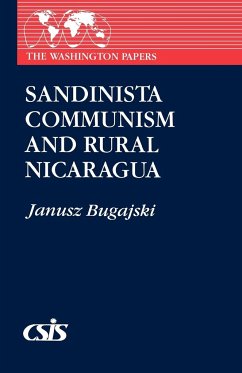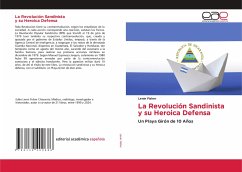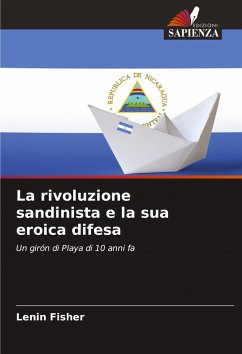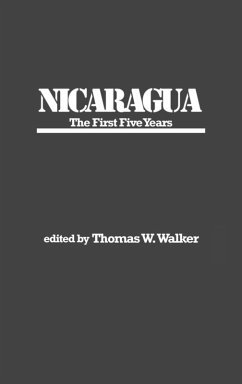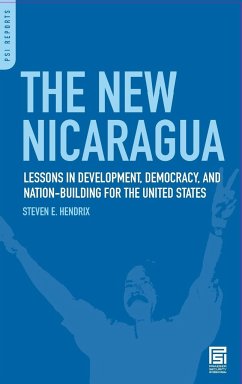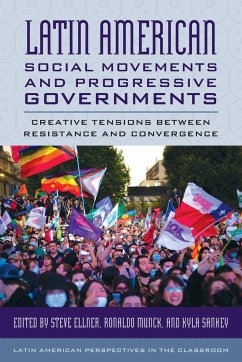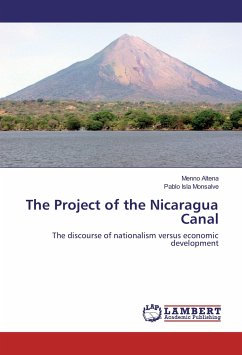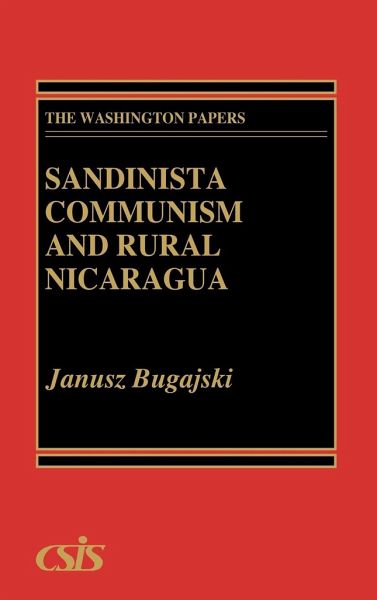
Sandinista Communism and Rural Nicaragua

PAYBACK Punkte
35 °P sammeln!
In this groundbreaking study, Janusz Bugajski evaluates the impact of Sandinista political, economic, and social programs. The book focuses on the confrontations between the regime and Nicaragua's rural population, particularly the Ladino peasantry and the Indian and black indigenous minorities of the Atlantic coast region. The book concentrates on the Sandinista's agrarian strategies in order to distinguish between short-term policies and long-term programs. It addresses the question of whether any durable and novel ideological, political, and economic elements have been introduced in Nicarag...
In this groundbreaking study, Janusz Bugajski evaluates the impact of Sandinista political, economic, and social programs. The book focuses on the confrontations between the regime and Nicaragua's rural population, particularly the Ladino peasantry and the Indian and black indigenous minorities of the Atlantic coast region. The book concentrates on the Sandinista's agrarian strategies in order to distinguish between short-term policies and long-term programs. It addresses the question of whether any durable and novel ideological, political, and economic elements have been introduced in Nicaragua in terms of Marxist-Leninist models of state socialism--expecially vis-a-vis peasantry and the country's ethnic minorities. Upon seizing power in July 1979, the Sandinistas embarked on a socialist transformation of Nicaraguan society. This book concludes that in confronting major internal and external obstacles, the regime opted for a degree of economic flexibility without abandoning its long-term political objectives. The regime's Leninist political arrangements, claims Bugajski, were therefore combined with a quasi-Communist economic program. The Sandinistas captured and remodeled all levers of social control, including the state apparatus, the armed forces, and the security network, and fortified those mechanisms that could most effectively extend their domination. But in order to minimize economic dislocation, political opposition, and social unrest, to uphold productivity, to obtain vital agro-export revenues, and to prevent international isolation, Managua implemented a transitory mixed economy and continued to tolerate a politically weakened private sector.



